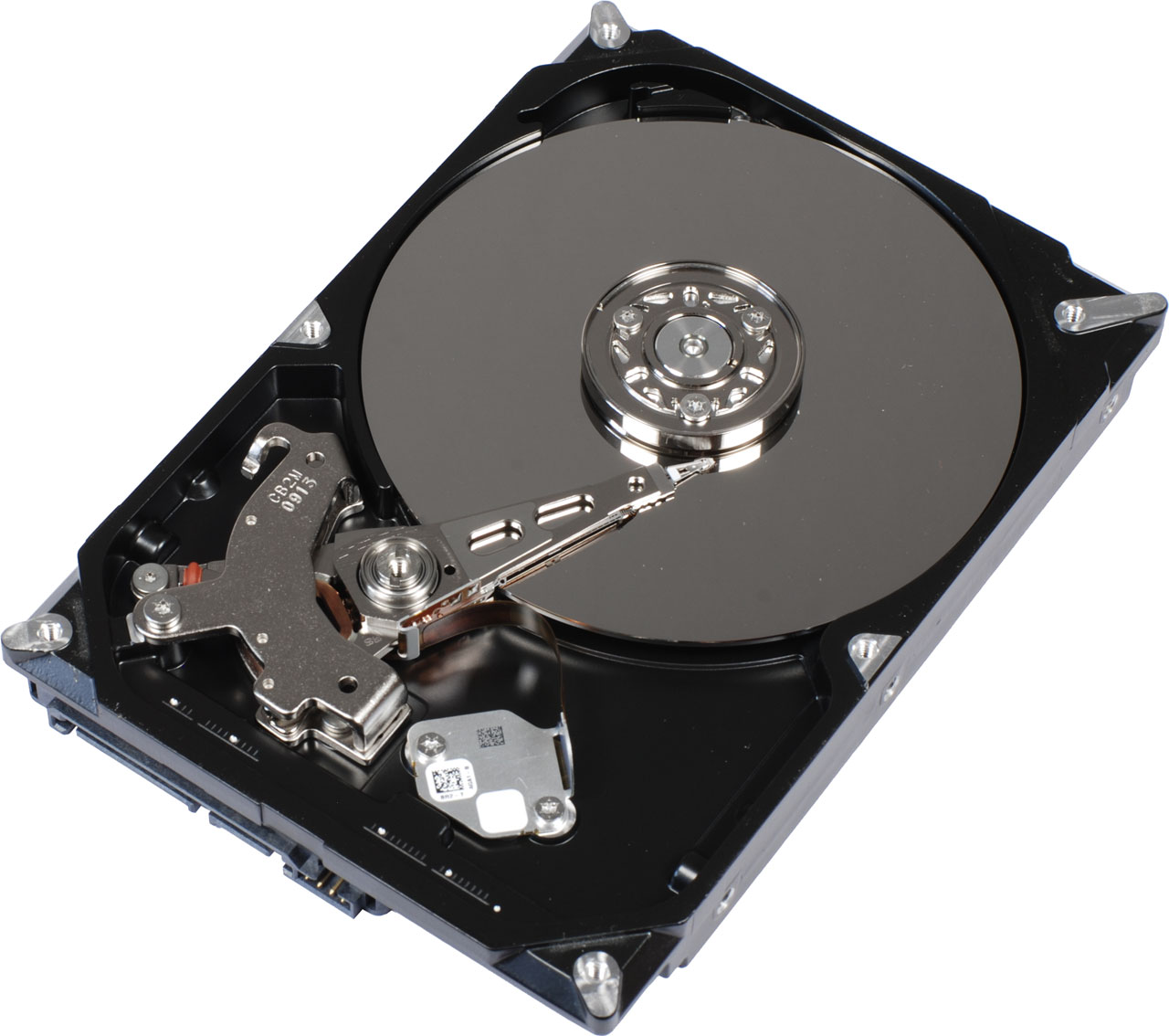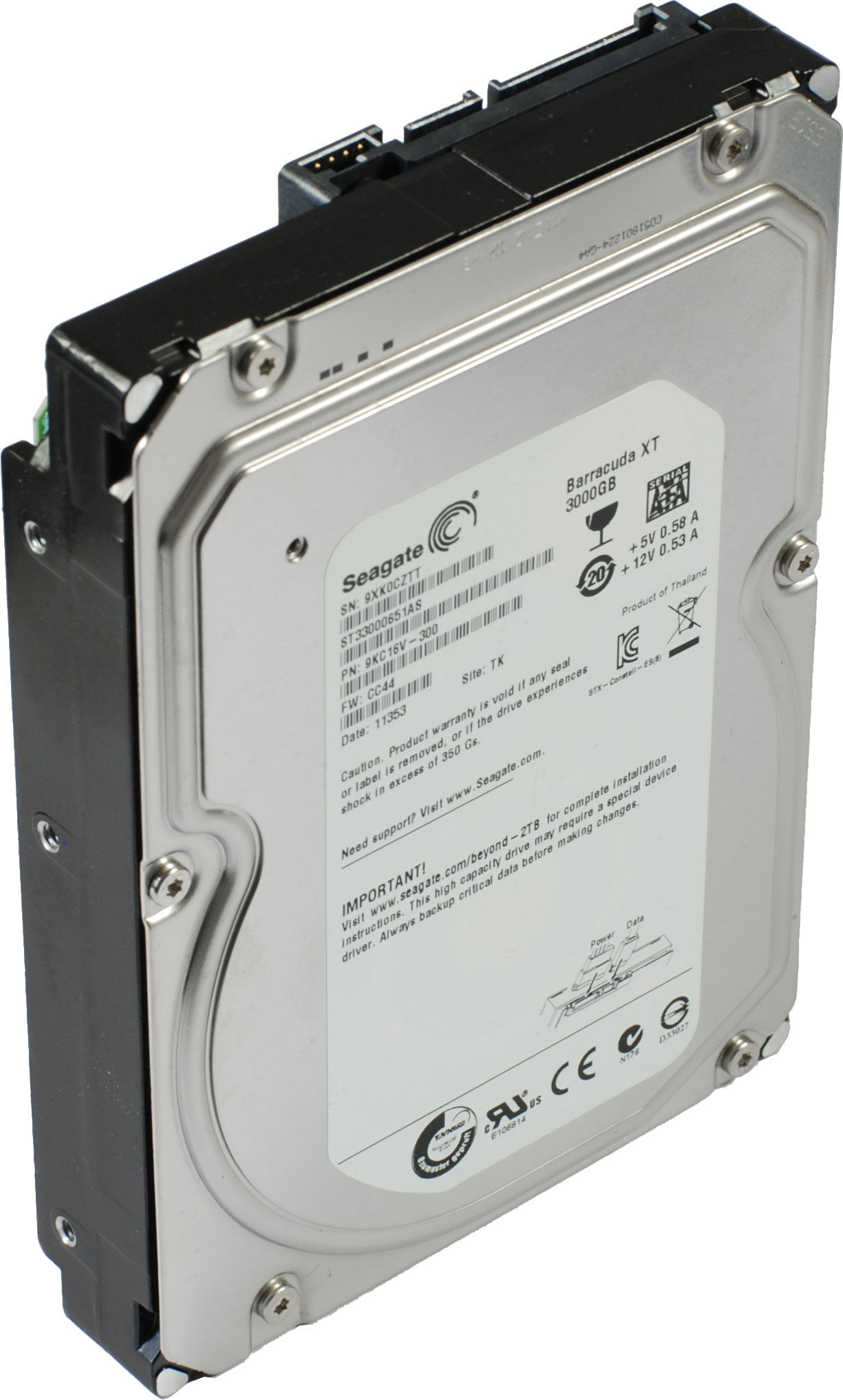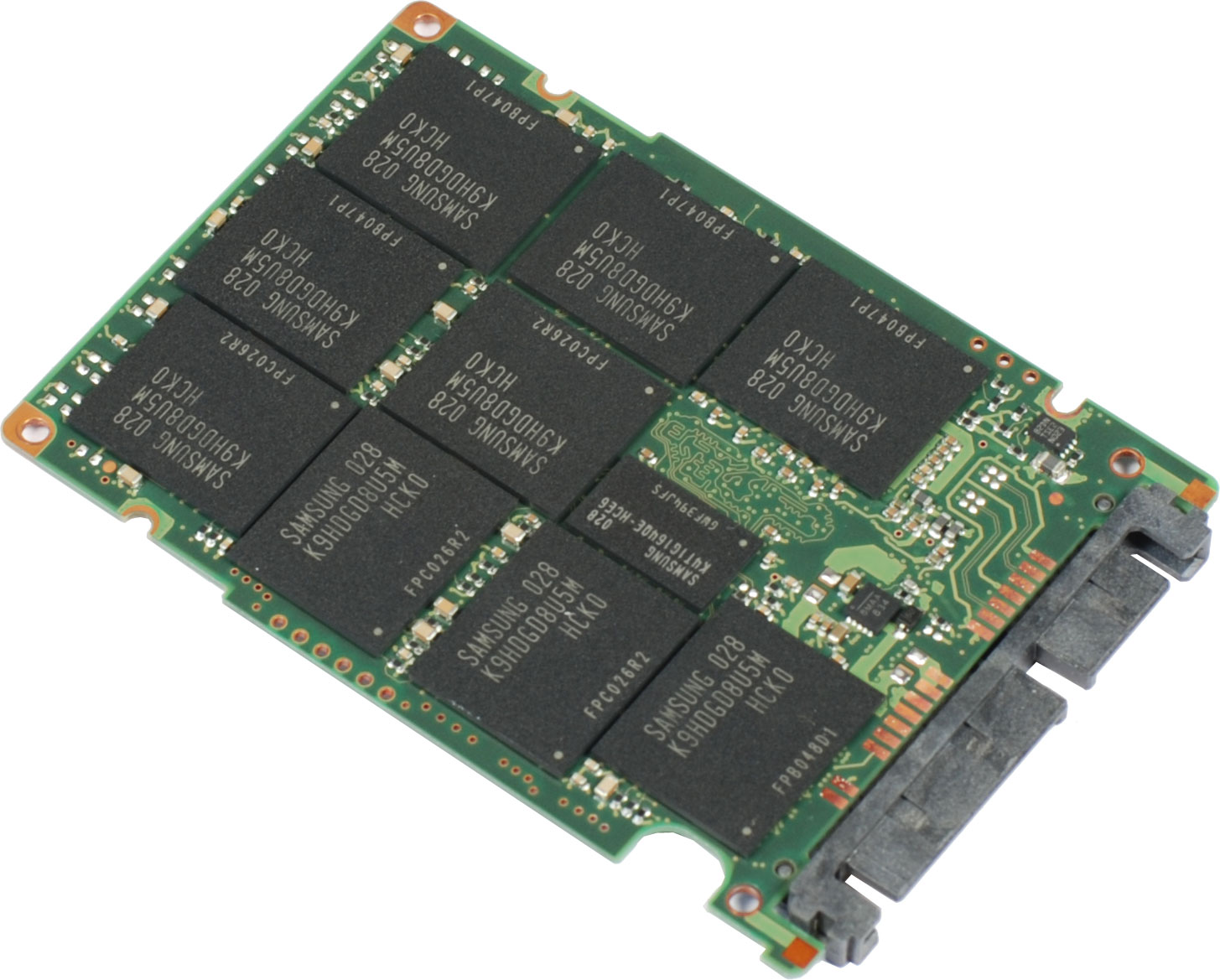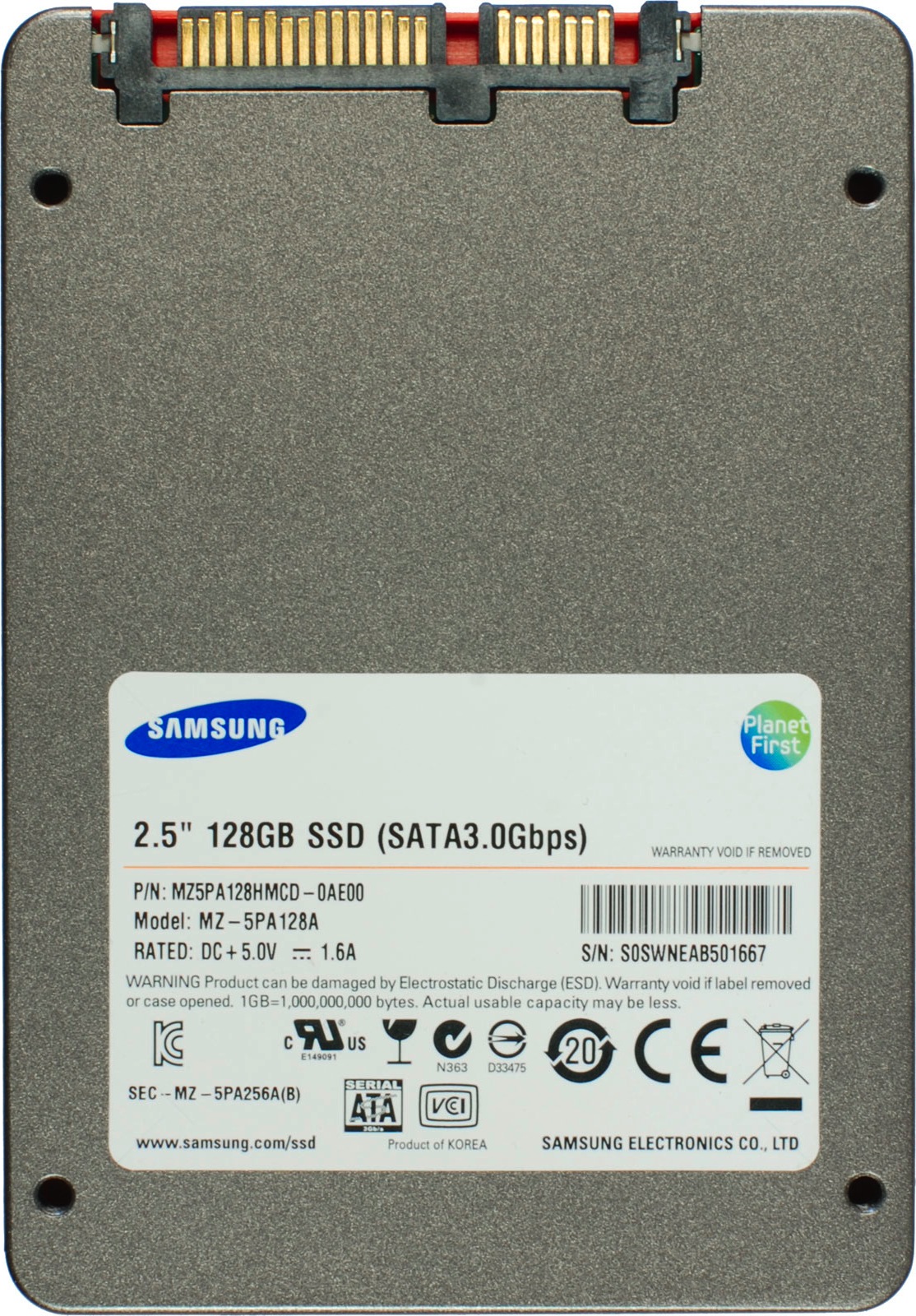Should You Upgrade? From A Hard Drive To An SSD
Should you buy a new processor for your next machine? How about a new graphics card? Have you given any thought to the status of your storage subsystem? We're making a case for incorporating solid-state technology the next time you're upgrade-shopping.
Drives: Samsung 470 Series (SSD) And Seagate Barracuda XT (Hard Drive)
Hard Disk: Seagate Barracuda XT, 3 TB
We chose a high-end hard disk that combines solid performance with plenty of capacity to represent the whole spectrum of hard disks on the market. Seagate's Barracuda XT is a good representative in that regard. With 3 TB of space and a 7200 RPM spindle, this drive gives us high data transfer rates, decent (as far as disks go) access times, and reasonable I/O performance. While the SATA interface supports 6 Gb/s, we found that even in 3 Gb/s mode the drive hits its performance ceiling, clocking in at 160 MB/s.
With respect to price, this model is at the upper end of what you'll pay for a hard drive, and it'd probably be a likely option for the power user who hasn't yet made the decision to try out an SSD.
Seagate protects the Barracuda XT with a five-year warranty. Hitachi's Deskstar 7K2000 and 7K3000 (3 TB) or Western Digital's Black Edition 2 TB drives would be suitable alternatives offering comparable performance.
You can refer back to our Desktop Hard Drive Charts for benchmark results of the most current disks.
SSD: Samsung 470 Series, 128 GB
We've used these drives as reference several times in the past, though they're no longer the latest and greatest (for that, check out Samsung Goes 6 Gb/s: Is The 830-Series SSD King Of The Hill?). The 470 series is available in 64, 128, or 256 GB capacities, leveraging 3 Gb/s SATA interface. Compared to the most recent high-end models from Crucial, Intel, and any number of second-gen SandForce-based SSDs, this model isn't particularly modern-sounding. After all, it's last-generation interface limits data transfer rates to 260 MB/s. Some of the latest 6 Gb/s-capable drives can push sequential transfers beyond 500 MB/s. Our thinking here, though, is that even an older SSD is going to yield a significant gain over the hard drive.
Get Tom's Hardware's best news and in-depth reviews, straight to your inbox.
Samsung, Intel, and Toshiba all design and manufacture the components that go into their respective SSDs (the notable exception being Intel with its Marvell-powered SSD 510). All three vendors have reasonable track records with regard to firmware issues, though none of them are perfect. The take-away here is that, even if the 470 isn't something a lot of enthusiasts would look to, the mainstream crowd is served well by this and any other number of modern SSDs.
Our SSD Charts 2011 show benchmark results of many recent SSDs.
Current page: Drives: Samsung 470 Series (SSD) And Seagate Barracuda XT (Hard Drive)
Prev Page Hard Drive Versus SSD Next Page Characteristics: Hard Drive Versus Solid-State


